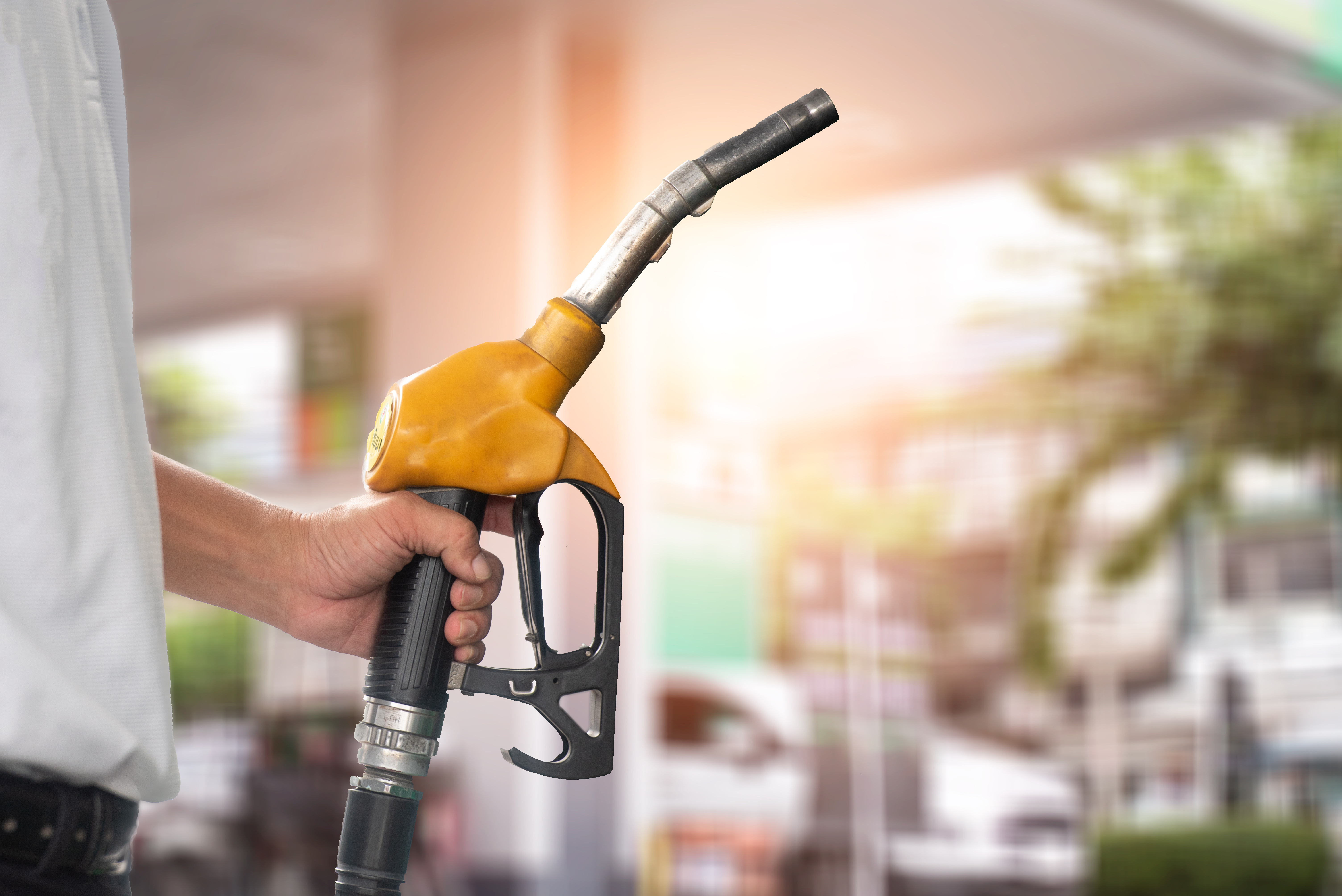The invasion of Ukraine by Russia and rising demand for gasoline is pressuring prices at the pump.
AAA said in a press release increased demand during the upcoming spring and summer is partly to blame for the price hike. In addition, world oil prices are also reeling on news of political unrest in Eastern Europe.
“On average, prices peak around the second week of May and then level off during the summer,” the release said. “This seasonal wave may only exacerbate the current rise in prices.”
Ways to save on gas
Studies have repeatedly shown that personal driving habits are the single biggest factor that affects vehicle fuel consumption. AAA offers the following fuel-saving tips to help minimize the pressure of rising prices on consumers’ wallets.
- Drive gently: One of the easiest and most effective ways to conserve fuel is to change driving styles. Instead of making quick starts and sudden stops, go easy on the gas and brake pedals.
- Slow down: Drive the speed limit. On the highway, aerodynamic drag causes fuel economy to drop off significantly as speeds increase above 50 mph. Even on higher speed roads, driving the speed limit will help limit fuel consumption.
- Avoid engine idling: Warming up an engine in the winter is unnecessary and wastes fuel. In general, if your car is outside the lane of traffic and will be stopped for more than 60 seconds, shut it off to safe fuel. Many newer cars have automatic engine stop-start systems that do this.
- Combine trips and errands: Several short trips, each starting with a cold engine, can use twice as much gas as one long, multipurpose trip.
- Lighten the load: A heavier vehicle uses more fuel. Cleaning out the trunk, cargo areas and passenger compartments can help lighten the vehicle.
- Keep up on routine maintenance: Follow the vehicle manufacturer’s recommendations for vehicle maintenance. Regular service will ensure optimum fuel economy, performance and longevity.
- Check your tires: Make sure your tires are filled to the pressure level indicated on the vehicle’s driver-side door jamb. Underinflated tires can reduce fuel economy. In addition, tires low on air degrade handling and breaking, wear more rapidly and can overheat and blowout.
Additional fuel-saving tips are available at https://gasprices.aaa.com/news/fuel-saving-tips/.
Daily national, state and local gas price averages and the latest news on gas prices is available at GasPrices.AAA.com.




.webp)
.webp)
